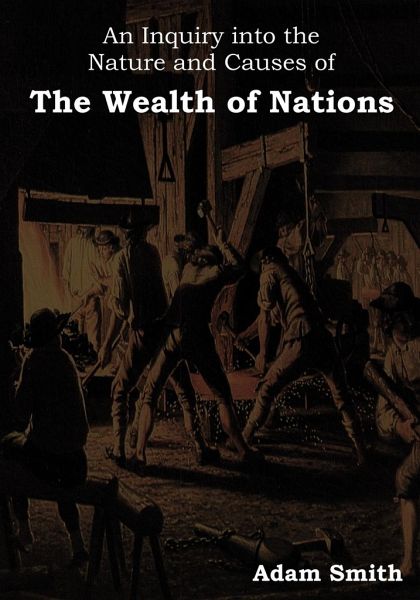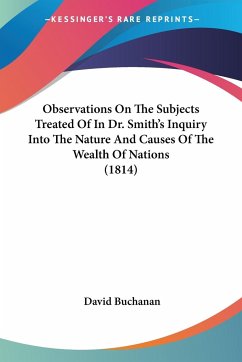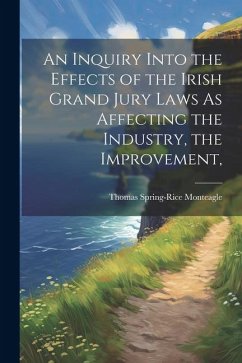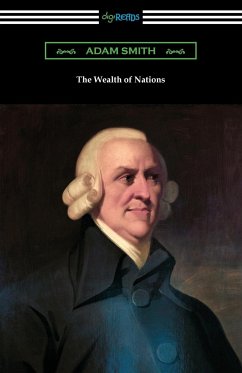
An Inquiry Into the Nature and Causes of the Wealth of Nations
Versandkostenfrei!
Versandfertig in 1-2 Wochen
27,99 €
inkl. MwSt.

PAYBACK Punkte
14 °P sammeln!
An Inquiry into the Nature and Causes of the Wealth of Nations (generally referred to by the short title The Wealth of Nations) is the masterpiece of the Scottish economist and moral philosopher Adam Smith. It was first published in 1776. It is an account of economics at the dawn of the Industrial Revolution, as well as a rhetorical piece written for the generally educated individual of the 18th century - advocating a free market economy as more productive and more beneficial to society. The book is often considered to have laid the basic groundwork for modern economic theory.












